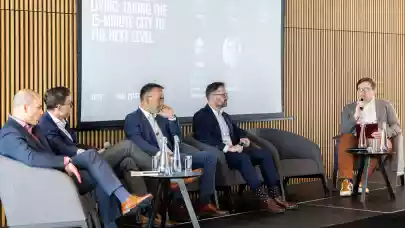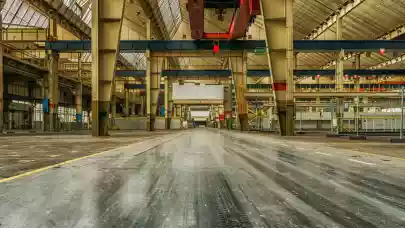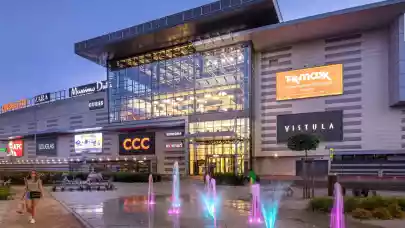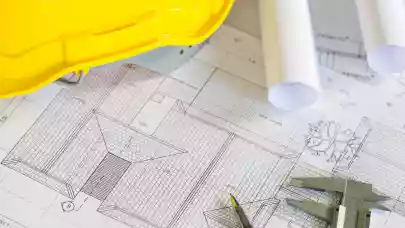
In a recent panel discussion during Future of Real Estate 2025 in Warsaw, exploring the transformative potential of the 15-minute city concept, leading real estate professionals in Poland delved into the intricate challenges and opportunities of creating more integrated, accessible urban environments.
Moderator Michał Leszczyński (PFZD) set the tone by emphasising the importance of bringing the theoretical concept of the 15-minute city "down to earth." He noted, "The 15-minute city is not a rigid mathematical formula, but a flexible approach to urban planning that aims to provide residents with essential services within a convenient walking or cycling distance."
Shay Baruch, CEO of LivUp, shared insights from the residential sector, highlighting the practical implementation of mixed-use developments. "Even when external urban infrastructure might be lacking, we're proactively creating internal ecosystems within our residential projects," Baruch explained. He described how his company provides in-house services like gyms, workspaces, and community events to compensate for potential urban planning shortcomings.
Marcin Klammer from the Polish Council of Shopping Centers brought a retail perspective to the discussion. "The 15-minute city concept isn't about a strict 15-minute timeframe, but about ensuring inhabitants' needs are met within an acceptable distance," Klammer articulated. He emphasised how shopping centres are evolving to become integral parts of urban landscapes, increasingly focusing on services, entertainment, and health-related offerings.
Maximilian Mendel from SPHERE Asset Management highlighted the complexity of implementing the 15-minute city concept. "The planning system in Poland remains quite rigid and needs more flexibility," Mendel observed. He stressed the importance of collaborative approaches between private investors and city authorities, advocating for more dynamic master planning that can adapt to changing urban needs.



